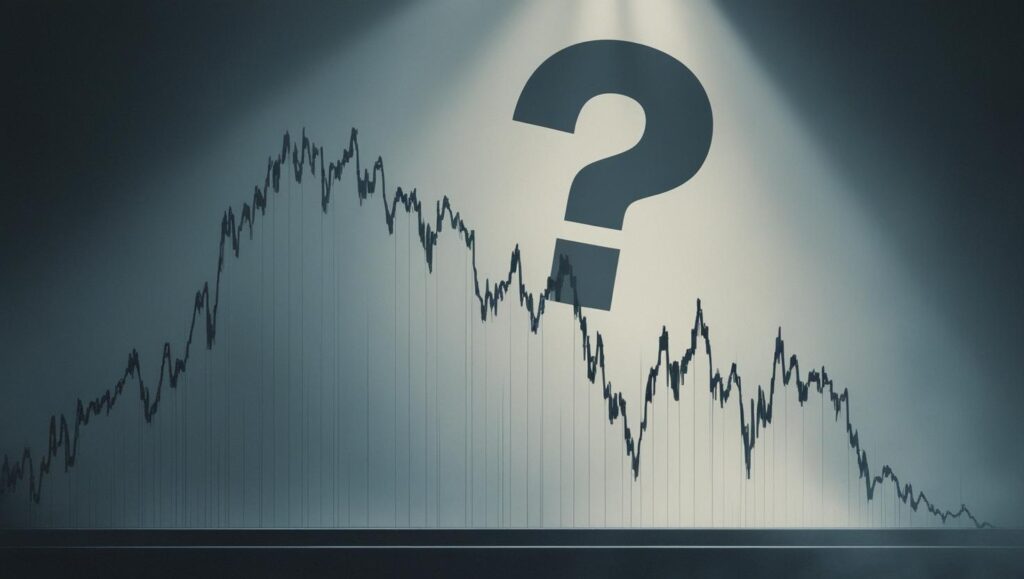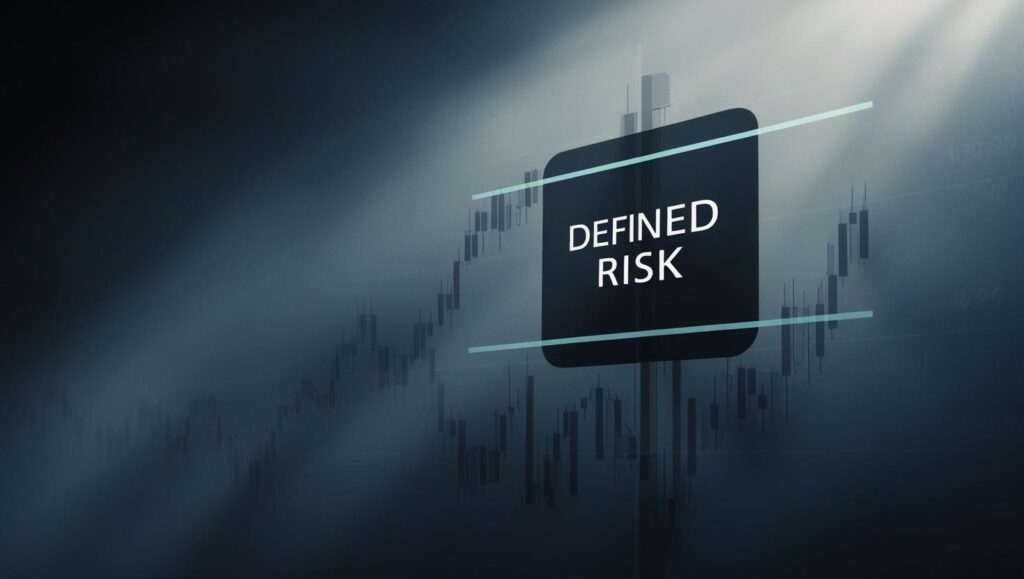Today, we’re diving into a concept that can revolutionize your trading and quite possibly transform how you see yourself: “Putting Your Mind Over the Market.” Trading success isn’t just about finding the perfect chart pattern or listening to the loudest market commentator. Rather, it’s about mastering the space between your ears—your mindset.
I’m excited to share insights inspired by Mark Douglas, the renowned author of “Trading in the Zone” and “The Disciplined Trader.” In his conversation, he reminded us of one key truth: winning and being a consistent winner are two different things.
Many of us start trading believing that if we just find that “perfect method,” we’ll be right every time. But we get frustrated, even betrayed, when an apparent “perfect setup” fails. This frustration stems from expecting certainty in an environment that is inherently unpredictable on a trade-by-trade basis.

Mark Douglas teaches us that any single trade’s outcome is random—no charting software or news release can tell you the guaranteed next tick. But here’s the twist: just because each trade’s outcome is random doesn’t mean you can’t achieve consistency. Let’s explore how.
Imagine flipping a weighted coin that lands on heads 70% of the time. You cannot know if any particular flip will be heads or tails, but over many flips, you’ll see that 70% pattern. It’s the same in trading: your edge is like that weighted coin. Over a series of trades, if your method genuinely identifies repeating market tendencies, you’ll have a higher probability of winning than losing—even though each individual outcome is random.

The critical shift is going from “Is this next trade going to win?” to “I don’t know which ones will win or lose—but over many trades, I trust my edge.” That’s where confidence emerges.
Here’s a simple truth: if you can’t accept the risk, you can’t trade freely. Without acceptance, fear creeps in. Fear makes you hesitate on good trades, exit winners too early, or hold losers too long—all because you’re hoping to avoid being wrong.
Professional traders see a valid setup and take it without agonizing over whether it will work. They define their risk before entering a trade—like deciding how many chips you’ll put into the poker pot—and then let the probabilities play out. That’s genuine self-control. And self-control brings freedom.

Now, “carefree” doesn’t mean reckless. It means free from fear, free from rigid expectations. As Mark Douglas says, consistent traders don’t try to predict each outcome; they focus on following their plan. Think of the basketball player who practices free throws daily. He can be technically perfect in the gym, but if his mind locks onto fear during the big game, he may choke. The same applies to trading. You want to remain calm and confident—without fixating on whether any single trade is right or wrong.
Action Steps to Transform Your Trading Mindset
- Adopt a Probability Mindset
- Stop asking if a single trade will win. Instead, commit to a series of trades—say 20—and see how your edge performs overall.
- Predefine Your Risk
- Before you click “Buy” or “Sell,” decide how much you’re willing to lose. That’s your ticket to emotional freedom.
- Develop a Plan for Taking Profits
- Don’t just dream about hitting the top. Be systematic: scale out if necessary or use trailing stops. Consistency over glory.
- Trade Small Until You’re Flawless
- If fear or hesitation creeps in, reduce your size. Prove you can follow your plan at smaller stakes, then scale up gradually.
The market is a mirror—it reflects your beliefs and emotions right back at you. The secret is not in predicting every tick, but in cultivating a mindset that thrives on probabilities, manages risk intelligently, and releases the need to be right on every trade.
Mark Douglas’s invaluable wisdom reminds us that when we truly accept randomness in the short run, we unlock consistent profits in the long run. As Jim Rohn might say, “Discipline is the bridge between goals and accomplishment,” and as Anthony Robbins teaches, “It’s in your moments of decision that your destiny is shaped.”
Decide today to embrace the random distribution of outcomes. Accept the risk. Focus on the process. And watch as your consistency—and your peace of mind—put in new highs.